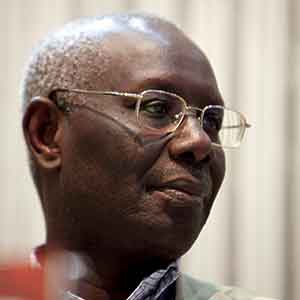 |
Jean-Pierre Balpe (b. 1942, Mende, France) is a modern French poet, writer, translator, and creator of computer or “generative literature.” In 1999 he was awarded the Multimedia Grand Prix by the SGDL for his novel La Toile. From 1990 to 2005, Balpe was professor at the University of Paris VIII, and after 1990 he became the director of the hypermedia department of the University of Paris VIII, occupying the post until 2005. He has published numerous books and articles dedicated to hypermedia, text generation, and digital creation. Nominated by Hamid Ismailov / Representative text: Herbier Anglais |
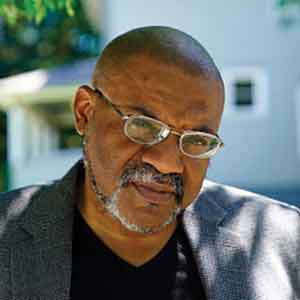 Photo by Chris Abani |
Kwame Dawes was born in Ghana and raised in Jamaica. He is the author of twenty-two collections of poetry, including, most recently, Nebraska: Poems (2019), and also author of fiction, nonfiction, and plays. The co-founder of the Calabash International Literary Festival, Dawes often collaborates with other musicians and artists to create performances based on his poetry. The recipient of the Windham-Campbell Prize for Poetry, he is a chancellor of the Academy of American Poets, Chancellor’s Professor of English at the University of Nebraska, and the Glenna Luschei Editor of Prairie Schooner. Nominated by Matthew Shenoda / Representative text: Prophets |
 Photo courtesy of MacArthur Foundation |
Natalie Diaz was born and raised in the Fort Mojave Indian Village in Needles, California, on the banks of the Colorado River. She is a Mojave and an enrolled member of the Gila River Indian Tribe. She is the author of Postcolonial Love Poem (2020), awarded the 2021 Pulitzer Prize in Poetry, and When My Brother Was an Aztec (2012), winner of an American Book Award. She is a 2018 MacArthur Foundation Fellow, a Lannan Literary Fellow, and a Native Arts Council Foundation Artist Fellow. Diaz teaches creative writing in Arizona State University’s MFA program. Nominated by R. O. Kwon / Representative text: Postcolonial Love Poem |
|
|
Francophone writer Boubacar Boris Diop (b. 1946, Dakar, Senegal) is the author of many novels, plays, and essays. He was awarded the Senegalese Republic Grand Prize in 1990 for Les Tambours de la mémoire as well as the Prix Tropiques for The Knight and His Shadow. His Doomi Golo was the first novel to be translated from Wolof into English. Toni Morrison called his novel Murambi: The Book of the Bones “a miracle,” and the Zimbabwe International Book Fair listed it as one of the one hundred best African books of the twentieth century. Nominated by Jennifer Croft / Representative text: Murambi: The Book of Bones (translated by Fiona McLaughlin) |
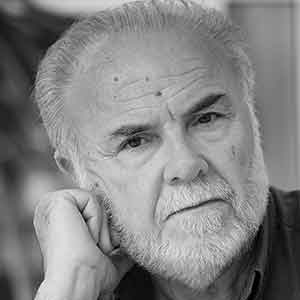 |
Acclaimed Greek poet and lyricist Michális Ganás (b. 1944, Tsamantas, Greece) is the author of seven collections of poetry and two books of prose. Ganás has also rendered Aristophanes’ The Clouds and Aeschylus’s Seven Against Thebes into Modern Greek for two theater companies. Ballad (1993) received the State Prize for Poetry in 1994. In 2009 he received the Cavafy Prize, and two years later he was awarded the Prize of the Academy of Athens for the entire body of his work. Nominated by Eleni Kefala / Representative text: A Greek Ballad: Selected Poems (translated by David Connolly and Joshua Barley) |
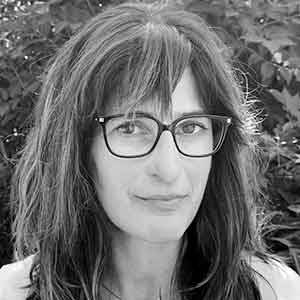 |
Micheline Aharonian Marcom is the US author of seven novels, including a trilogy of books about the Armenian genocide and its aftermath in the twentieth century. Her first novel, Three Apples Fell from Heaven, was a New York Times Notable Book and runner-up for the PEN/Hemingway Award for First Fiction. Her second novel, The Daydreaming Boy, won the PEN/USA Award for Fiction. She has received fellowships and awards from the Lannan Foundation, the Whiting Foundation, and the US Artists’ Foundation. She is a professor of creative writing at the University of Virginia. Nominated by Fowzia Karimi / Representative text: Three Apples Fell from Heaven |
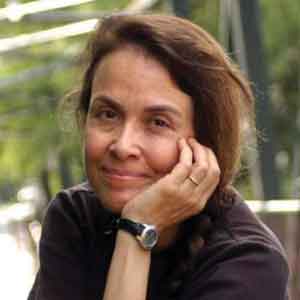 |
Naomi Shihab Nye is a US author and poet. Nye is the author of several collections of poetry for both adults and children. Her most notable collections include Yellow Glove (1986), Fuel (1998), 19 Varieties of Gazelle: Poems of the Middle East (2002), and The Tiny Journalist (2019). In addition to the 2013 NSK Neustadt Prize for Children’s Literature, Nye has won many awards for her work, including four Pushcart Prizes, two Jane Addams Children’s Book Awards, and the Isabella Gardner Poetry Award. Nye was also a Guggenheim Fellow in 1997 and finalist for a National Book Award for 19 Varieties of Gazelle. Nominated by Tarfia Faizullah / Representative text: The Tiny Journalist |
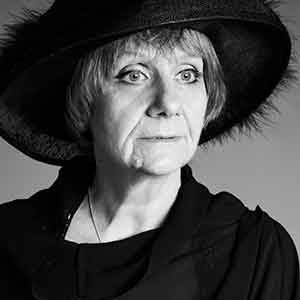 Photo by Anastassia Kazakova Photo by Anastassia Kazakova |
Ludmilla Petrushevskaya (b. 1938, Moscow) is the author of more than fifteen collections of prose, including the New York Times best-seller There Once Lived a Woman Who Tried to Kill Her Neighbor’s Baby: Scary Fairy Tales (2009), which won a World Fantasy Award, was one of New York magazine’s Ten Best Books of the Year, and was one of NPR’s Five Best Works of Foreign Fiction. Also a playwright, her work has been staged by leading theater companies worldwide. In 2002 she received Russia’s most prestigious prize, the Triumph, for lifetime achievement. Nominated by Olga Zilberboug / Representative text: There Once Lived a Woman Who Tried to Kill Her Neighbor’s Baby (translated by Keith Gessen and Anna Summers) |
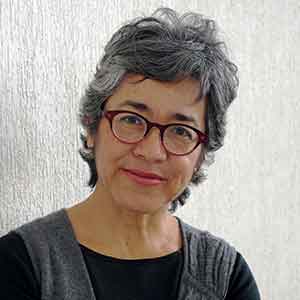 |
Author, translator, and critic Cristina Rivera Garza’s (b. 1964, Matamoros, Tamaulipas, Mexico) recent novels include The Taiga Syndrome (2018), The Iliac Crest (2017), and Había mucha neblina o humo o no sé qué (2016). She is the only two-time winner of the International Sor Juana Inés de la Cruz Prize (2001; 2009). Her latest book, Grieving: Dispatches from a Wounded Country, was a finalist for the 2020 National Book Critics’ Circle Award for Criticism. She is distinguished professor and founder of the PhD in creative writing in Spanish at the University of Houston. Nominated by Carlos Labbé / Representative text: The Iliac Crest (translated by Sarah Booker) |
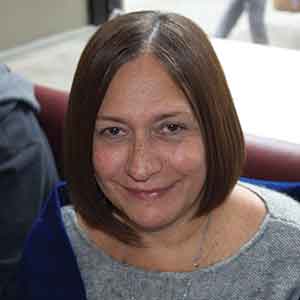 |
Reina María Rodríguez (b. 1952, Havana) won the 2002 Alejo Carpentier Medal for Achievement in Cuban literature, Cuba’s 2013 National Prize for Literature, and the 2014 Pablo Neruda Ibero-American Prize for Poetry.English translations of her work include Violet Island and Other Poems (2004), La Detención del Tiempo / Time’s Arrest (2005), Other Letters to Milena (2014), and The Winter Garden Photograph (2019), which won Rodríguez her second Casa de las Américas Prize. She lives in Cuba. Nominated by Carlos Pintado / Representative text: The Winter Garden Photograph (translated by Kristin Dykstra and Nancy Gates Madsen) |
Footer
For additional information and/or accommodations on the basis of disability, call World Literature Today at (405) 325-4531.

